The Impact of Colonialism on Indigenous Heritage
Colonialism has left a profound impact on the cultural heritage of indigenous communities worldwide. The enduring effects of colonial rule continue to shape the lives and traditions of indigenous peoples, influencing everything from language and cultural practices to land rights and spiritual beliefs.
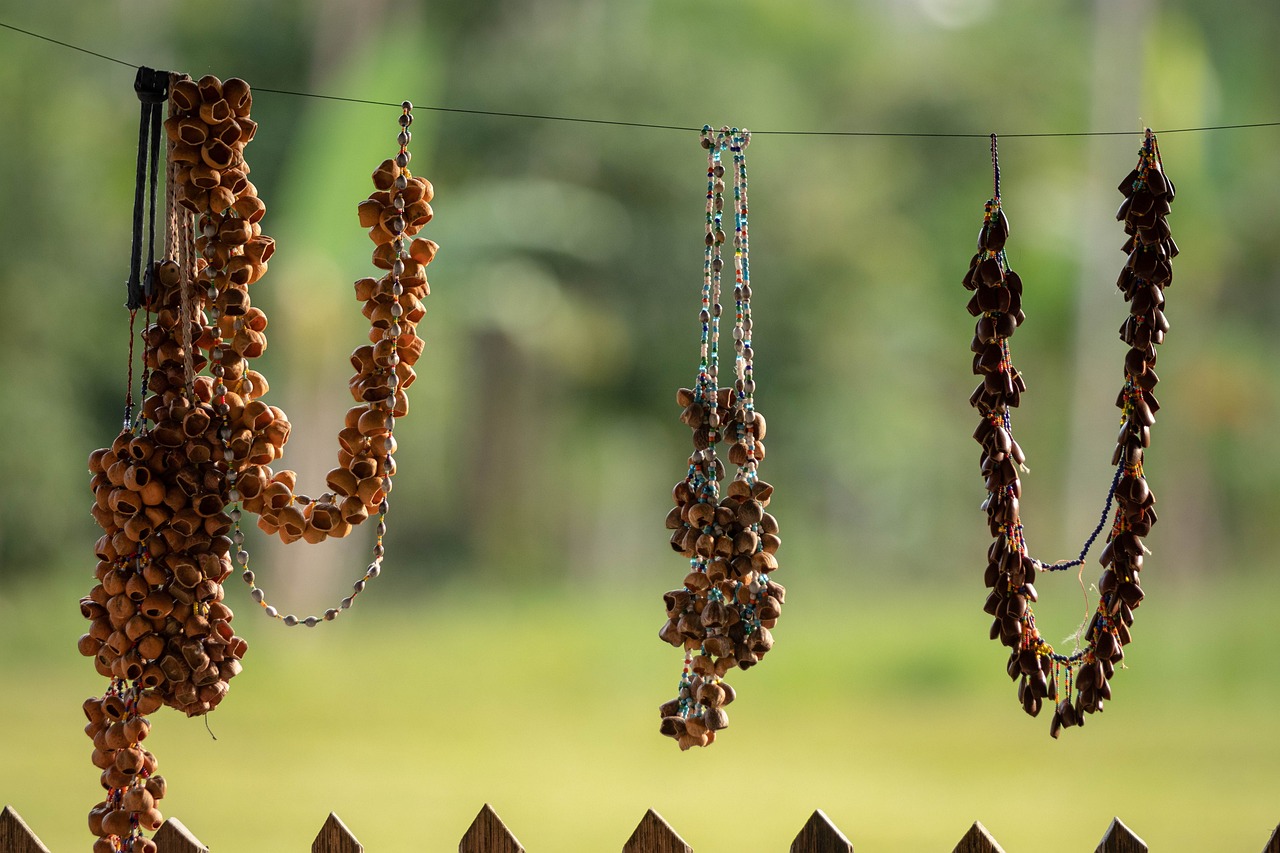
Language Loss and Cultural Erosion
Language loss and cultural erosion are deeply intertwined with the legacy of colonialism, shaping the identities and livelihoods of indigenous communities worldwide. The imposition of colonial policies aimed at eradicating indigenous languages has resulted in a significant decline in cultural practices and traditional knowledge among indigenous populations. As native languages were suppressed in favor of the colonizers' languages, generations of indigenous individuals were deprived of their linguistic heritage, leading to a disconnect from their cultural roots.
Furthermore, the erosion of indigenous languages has had far-reaching consequences beyond communication. Language is a vessel of culture, carrying within it the stories, beliefs, and values of a community. With the loss of language comes the loss of cultural nuances, traditional wisdom, and unique worldviews that have been passed down through generations. This erosion not only diminishes the richness of indigenous cultures but also weakens the social fabric that sustains these communities.
In many cases, the process of language loss was accelerated by the introduction of formal education systems that prioritized the colonizers' languages over indigenous languages. Children were often forbidden from speaking their native languages in schools, further marginalizing indigenous identities and perpetuating the cycle of cultural erosion. As a result, many indigenous languages are now classified as endangered or critically endangered, facing the risk of extinction within a few generations.
The impact of language loss goes beyond the linguistic realm, affecting various aspects of indigenous life, including cultural practices, spiritual beliefs, and community cohesion. As indigenous languages fade into obscurity, so too do the cultural traditions and oral histories that have shaped indigenous identities for centuries. The erosion of language is not just a loss of words; it is a loss of identity, connection to the land, and a profound sense of belonging that defines indigenous cultures.
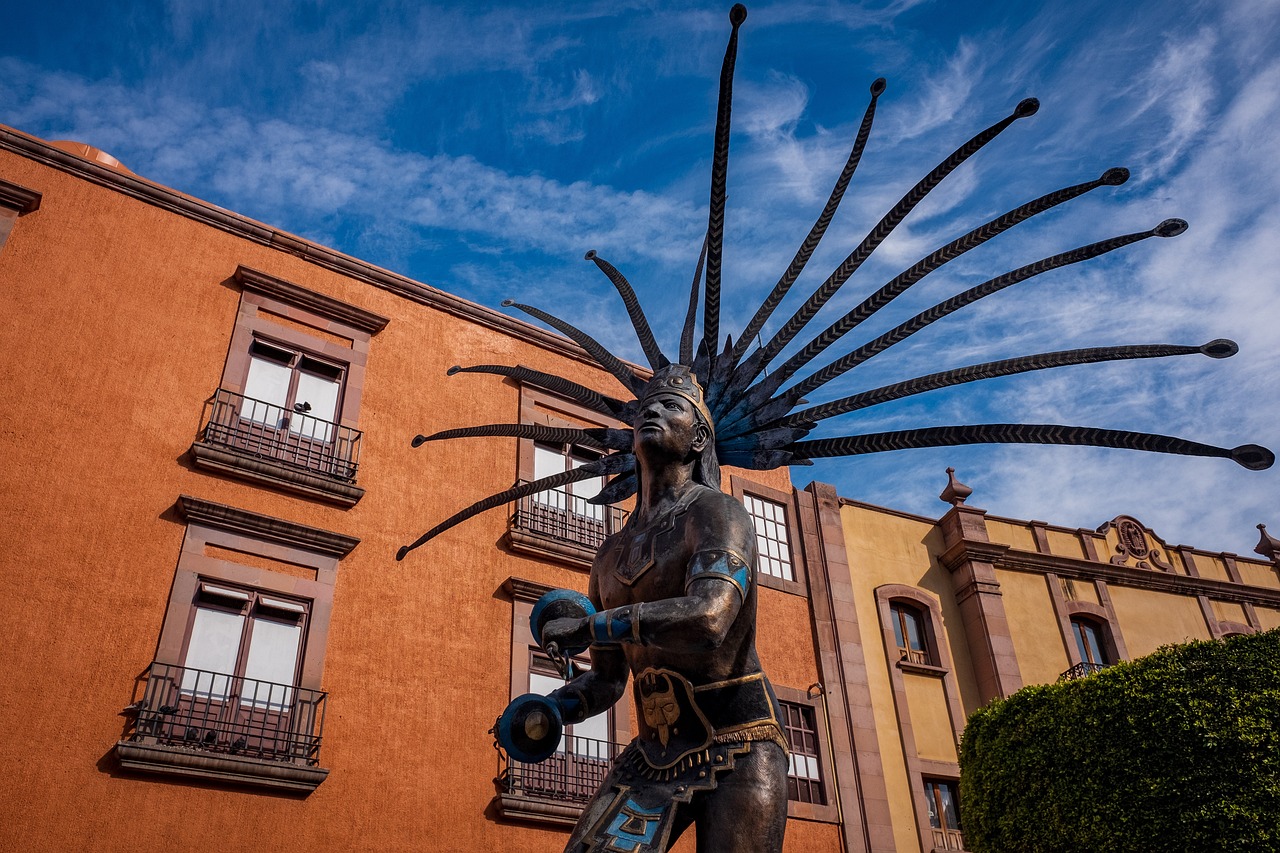
Cultural Appropriation and Misrepresentation
Colonialism has left a deep and lasting impact on the cultural heritage of indigenous communities, with one of the most significant consequences being the phenomenon of cultural appropriation and misrepresentation. Throughout history, colonial powers have often exploited and distorted indigenous cultural practices and symbols, leading to a misrepresentation of indigenous traditions and beliefs. This distortion has perpetuated stereotypes and undermined the authenticity of indigenous cultures, contributing to the erasure of their true essence.
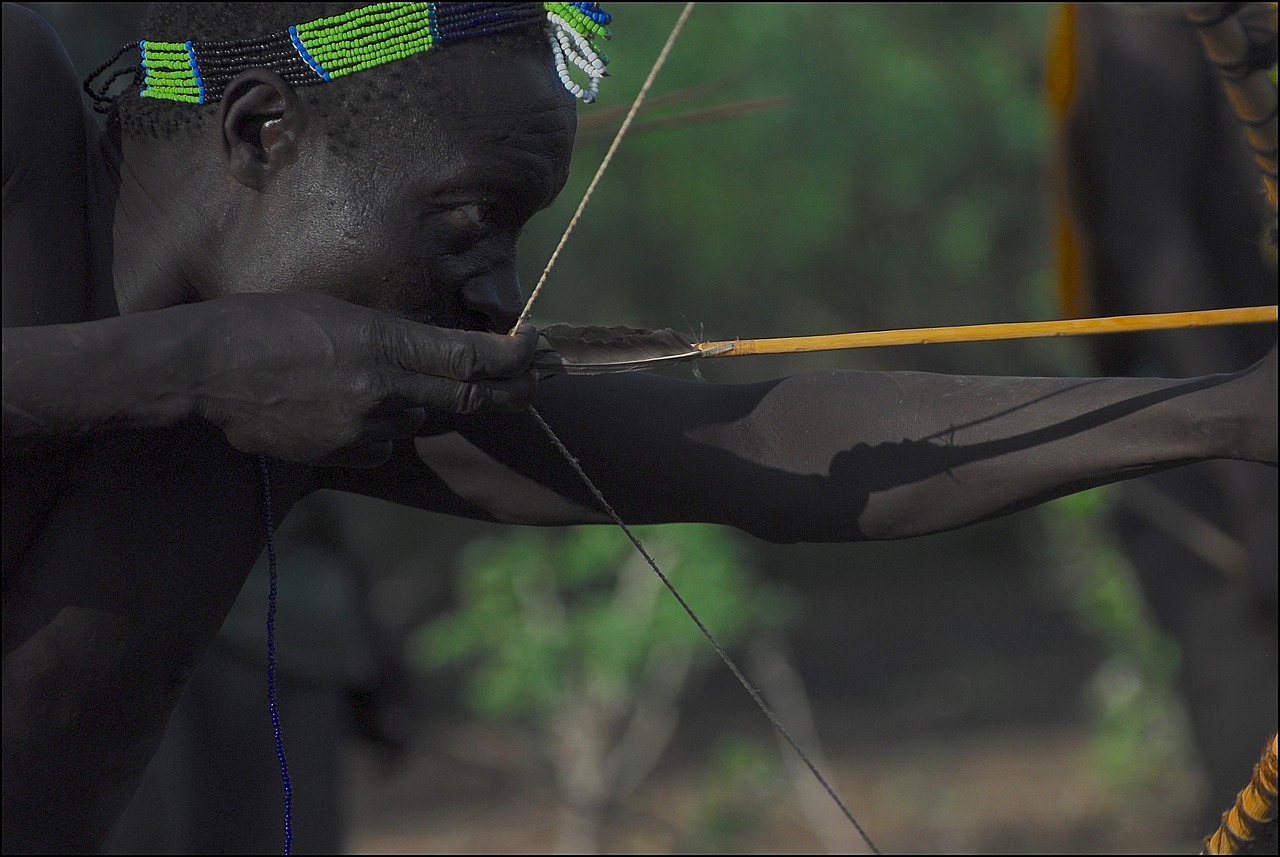
Land Dispossession and Loss of Sacred Sites
Land dispossession and the loss of sacred sites are profound consequences of colonialism that have deeply impacted indigenous communities worldwide. The expansion of colonial powers often involved forcibly taking control of indigenous lands, leading to the displacement of native populations and the destruction of sacred sites that held immense cultural and spiritual significance.
For many indigenous peoples, the land is not just a physical space but a vital part of their identity, history, and connection to their ancestors. The loss of these lands due to colonial encroachment has severed these ties, causing immense grief and trauma within indigenous communities.
Moreover, the destruction of sacred sites, which served as centers of spiritual practice, ceremony, and communal gathering, has disrupted the traditional way of life for many indigenous groups. These sites held the collective memory and wisdom of generations, acting as repositories of cultural knowledge and spiritual guidance.
The dispossession of indigenous lands not only resulted in the loss of physical territory but also led to the erasure of indigenous governance systems and sustainable land management practices. Many indigenous communities were forcibly removed from their ancestral territories, disrupting their social structures and traditional ways of living in harmony with the environment.
Furthermore, the loss of sacred sites has deprived indigenous peoples of crucial spaces for cultural transmission, healing, and connection to the spiritual world. The desecration or destruction of these sites by colonial powers has left a lasting scar on the cultural landscape of indigenous communities, challenging their ability to maintain and pass on their heritage to future generations.
In the face of such challenges, indigenous communities have shown remarkable resilience and determination to reclaim their lands and protect their sacred sites. Through advocacy, legal battles, and cultural revitalization efforts, many indigenous groups are working tirelessly to restore their connection to the land and preserve their cultural heritage for posterity.
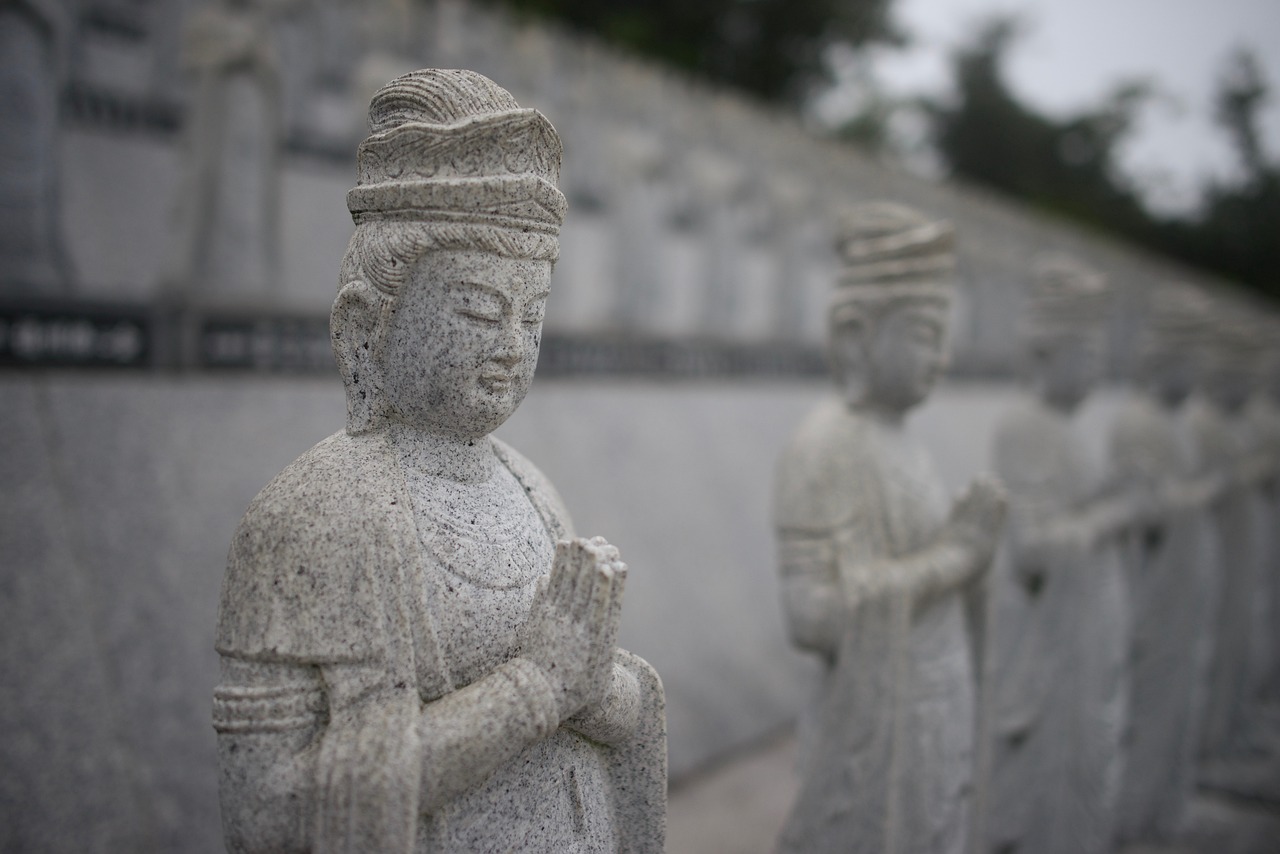
Intergenerational Trauma and Resilience
Exploring the lasting effects of colonialism on the cultural heritage of indigenous communities, including language loss, cultural appropriation, land dispossession, and efforts towards cultural revitalization.
Intergenerational trauma refers to the psychological and emotional wounds passed down through generations within indigenous communities as a result of colonial violence and oppressive policies. The scars of the past continue to impact the present, shaping the collective identity and well-being of indigenous peoples.
Despite the deep-rooted trauma, indigenous communities have shown remarkable resilience in the face of historical injustices. Drawing strength from their cultural heritage and ancestral wisdom, they have persevered through adversity, preserving their traditions and knowledge against all odds.
Generations have carried the weight of colonial atrocities, yet they have also carried the torch of resilience, passing down stories of survival and resistance to inspire future generations. The journey towards healing and empowerment is ongoing, fueled by the determination to reclaim their identity and rebuild what was once taken away.
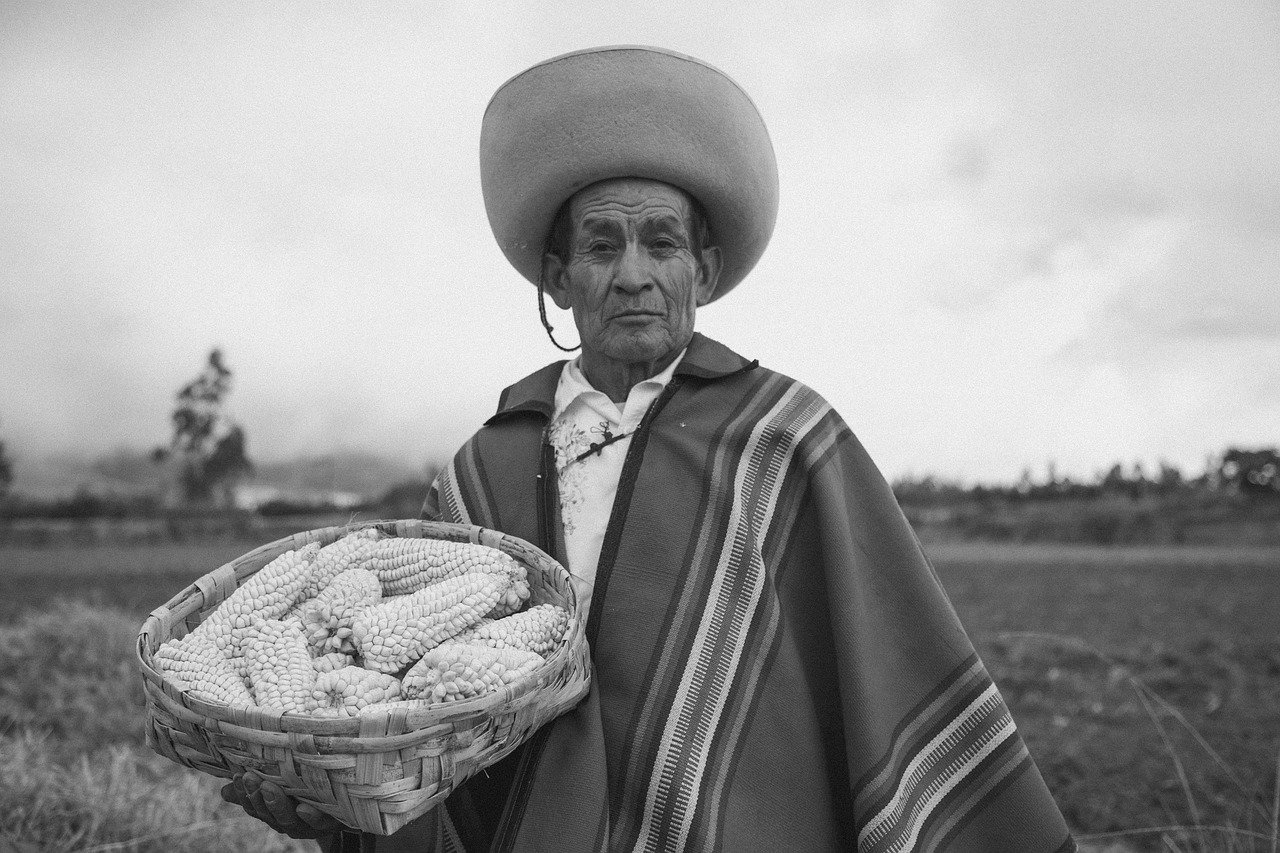
Impact on Traditional Knowledge and Healing Practices
Colonialism had a profound impact on the traditional knowledge and healing practices of indigenous communities worldwide. The imposition of colonial systems disrupted the intricate web of indigenous healing methods, passed down through generations. These practices, deeply rooted in the connection between the physical, spiritual, and natural worlds, were often suppressed or replaced by Western medical approaches.
Furthermore, the transmission of traditional knowledge from elders to the younger generation was hindered by colonial intervention, leading to a loss of valuable healing wisdom. The holistic approach to health and well-being, encompassing not only physical ailments but also spiritual and emotional balance, was eroded under the influence of colonial powers.
Indigenous healing practices, such as herbal medicine, spiritual ceremonies, and traditional healing rituals, were marginalized and stigmatized, pushing them to the brink of extinction. The disruption caused by colonialism severed the connection between indigenous communities and their ancestral healing traditions, leaving a void in the fabric of their cultural identity.
In the face of such challenges, many indigenous communities are now striving to reclaim and revitalize their traditional healing practices. Efforts are being made to preserve and transmit this invaluable knowledge to future generations, ensuring that the legacy of indigenous healing endures despite centuries of colonial oppression.
Through initiatives like cultural centers, healing retreats, and intergenerational knowledge-sharing programs, indigenous communities are rebuilding their healing traditions brick by brick. By reconnecting with their ancestral wisdom and practices, they are not only healing themselves but also reclaiming their cultural sovereignty in a world that often overlooks or undermines indigenous knowledge systems.
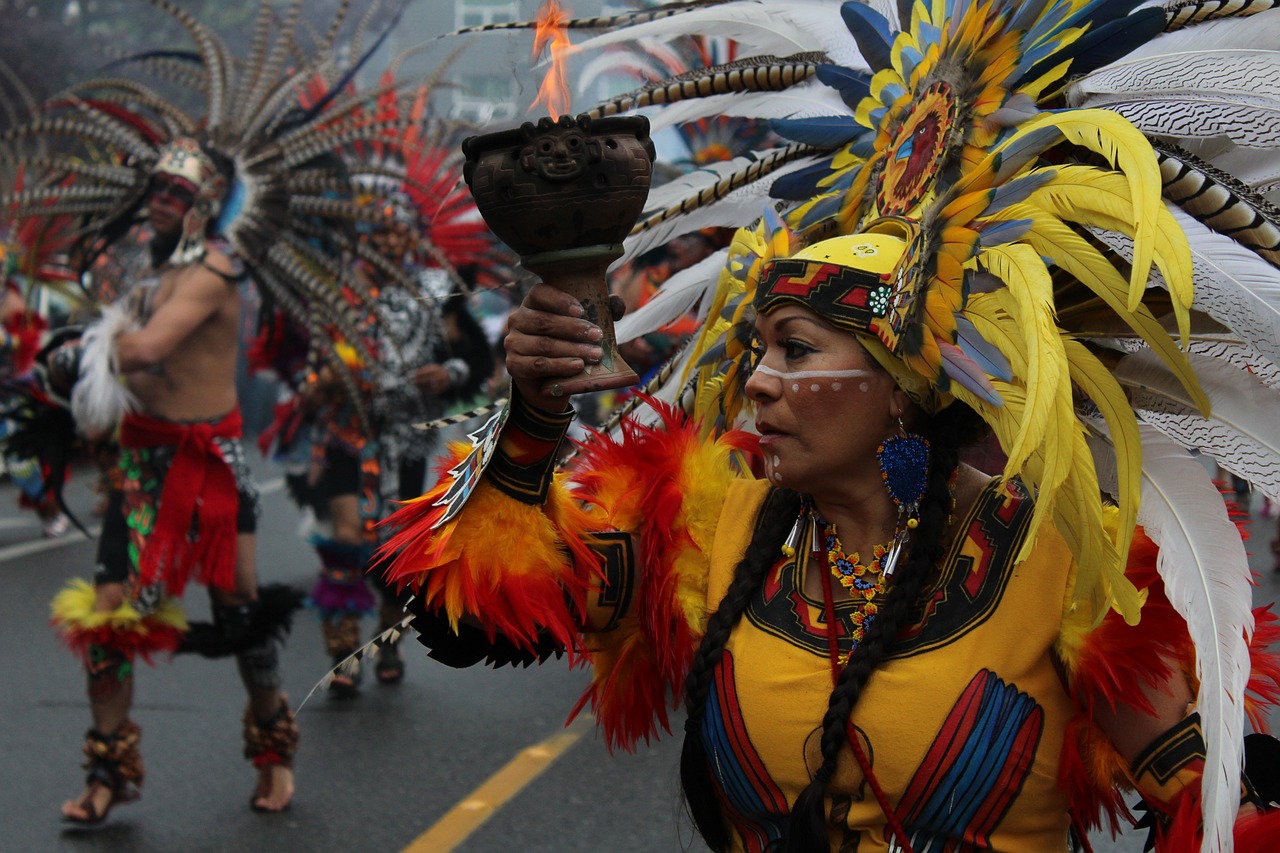
Efforts Towards Cultural Revitalization
Efforts towards cultural revitalization play a crucial role in reclaiming and preserving indigenous heritage that has been impacted by centuries of colonialism. These initiatives encompass a wide range of activities aimed at revitalizing traditional practices, languages, and cultural expressions that have been suppressed or marginalized.
One significant aspect of cultural revitalization efforts is the establishment of language revitalization programs. These programs focus on preserving and promoting indigenous languages that are at risk of extinction due to colonial policies and modernization. By teaching the younger generations their native languages, indigenous communities can ensure the continuity of their cultural heritage.
Cultural centers also serve as vital hubs for preserving and promoting indigenous traditions. These centers provide a space for community members to engage in cultural activities, such as traditional arts and crafts, storytelling, and ceremonies. They serve as repositories of cultural knowledge and history, fostering a sense of pride and connection to indigenous identity.
Furthermore, traditional arts revival initiatives are instrumental in revitalizing indigenous cultural practices that have been eroded over time. Through activities such as dance, music, and visual arts, indigenous communities can reclaim and showcase their unique artistic expressions, passing down these traditions to future generations.
Collaborative projects between indigenous communities and academic institutions or cultural organizations also contribute to cultural revitalization. These partnerships facilitate the documentation and preservation of traditional knowledge, practices, and rituals, ensuring that they are safeguarded for future generations.
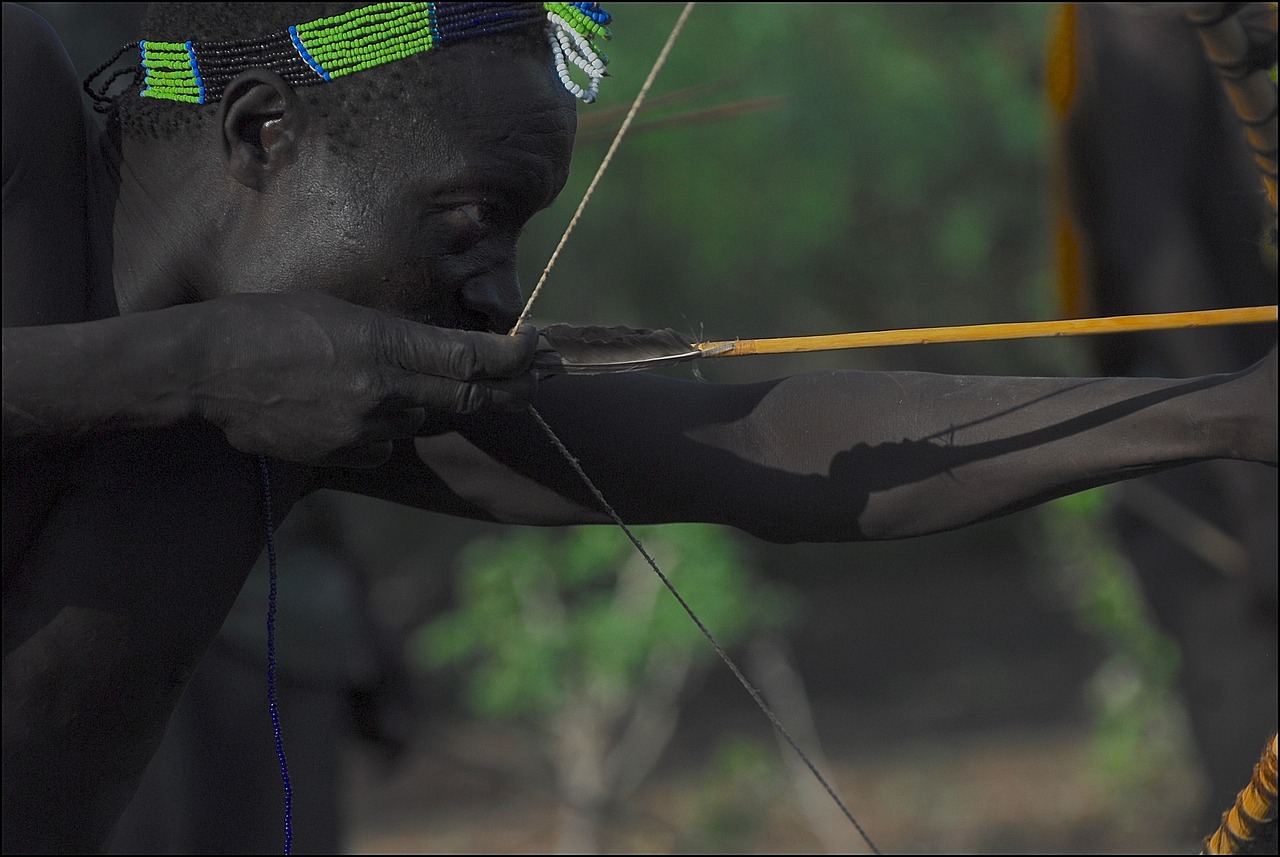
Challenges in Preserving Indigenous Heritage
Exploring the lasting effects of colonialism on the cultural heritage of indigenous communities, including language loss, cultural appropriation, land dispossession, and efforts towards cultural revitalization.
Preserving indigenous heritage in the modern world presents a myriad of challenges that stem from centuries of colonial oppression and ongoing struggles for recognition and autonomy. One significant obstacle is the pervasive cultural appropriation that dilutes the authenticity of indigenous traditions. This appropriation often leads to misrepresentation and commodification of sacred cultural practices, undermining the integrity of indigenous heritage.
Furthermore, environmental degradation poses a serious threat to the preservation of indigenous heritage. The exploitation of natural resources on indigenous lands not only disrupts traditional ways of life but also jeopardizes sacred sites and ecosystems essential to indigenous cultural practices. The loss of these lands not only erodes the physical connection to ancestral territories but also endangers the transmission of cultural knowledge to future generations.
In addition, political obstacles, such as inadequate recognition of indigenous rights and sovereignty, hinder efforts to preserve and protect indigenous heritage. Lack of legal protection for sacred sites and cultural artifacts leaves them vulnerable to exploitation and destruction. The struggle for self-determination and autonomy in the face of governmental policies that prioritize economic interests over cultural preservation further complicates the preservation of indigenous heritage.
Despite these challenges, indigenous communities around the world continue to resist and persevere in their efforts to safeguard their cultural heritage. Through advocacy, education, and cultural revitalization initiatives, indigenous peoples are reclaiming their languages, traditions, and sacred practices. By fostering community solidarity and international support, indigenous groups are amplifying their voices and asserting their rights to preserve and celebrate their unique cultural identities.
Stay tuned for our FAQ section, where we address common queries about the impact of colonialism on indigenous heritage and the challenges faced in preserving indigenous cultural traditions.
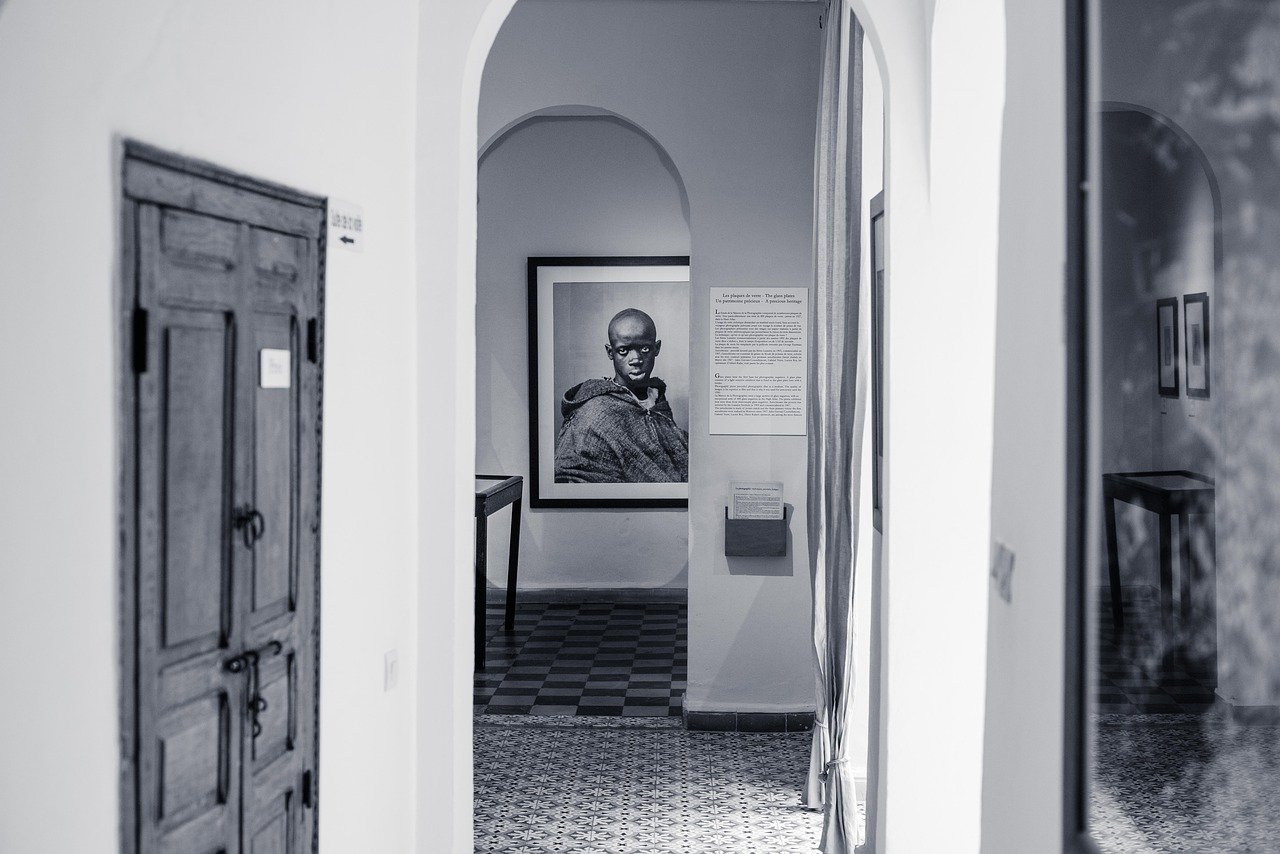
Global Indigenous Solidarity and Advocacy
Exploring the lasting effects of colonialism on the cultural heritage of indigenous communities, including language loss, cultural appropriation, land dispossession, and efforts towards cultural revitalization.
Global indigenous movements play a crucial role in advocating for the protection of indigenous heritage and rights on the international stage. Through solidarity and advocacy, these movements aim to raise awareness about the challenges faced by indigenous communities worldwide.
Indigenous advocates work tirelessly to address issues such as land rights, cultural preservation, and environmental protection. By amplifying indigenous voices and promoting indigenous knowledge systems, these advocates strive to create a more inclusive and equitable society.
International platforms and organizations provide opportunities for indigenous peoples to collaborate, share experiences, and mobilize support for their causes. Through collective action and advocacy, indigenous communities can assert their rights and demand recognition for their cultural heritage.
Furthermore, global indigenous solidarity fosters connections between diverse indigenous groups, creating a network of support and mutual empowerment. By standing together in solidarity, indigenous peoples can confront common challenges and work towards a more just and sustainable future.
In the face of ongoing threats to indigenous heritage and rights, global indigenous solidarity and advocacy serve as powerful tools for promoting social justice, cultural diversity, and respect for indigenous peoples' inherent rights.
Frequently Asked Questions
- What are the main impacts of colonialism on indigenous heritage?
Colonialism has had profound effects on indigenous heritage, including language loss, cultural appropriation, land dispossession, and disruption of traditional knowledge and healing practices.
- How did colonial policies contribute to language loss and cultural erosion?
Colonial policies suppressed indigenous languages, leading to a decline in cultural practices and traditional knowledge within indigenous communities, contributing to the erosion of their cultural heritage.
- What is cultural appropriation and how did colonial powers perpetuate it?
Cultural appropriation involves the unauthorized adoption of elements of one culture by members of another culture. Colonial powers often appropriated indigenous cultural practices and symbols, distorting their meanings and perpetuating stereotypes.
- How did colonial expansion result in land dispossession and loss of sacred sites?
Colonial expansion led to the dispossession of indigenous lands, resulting in the loss of sacred sites and disruption of traditional practices, further eroding indigenous cultural heritage.
- What is intergenerational trauma and how have indigenous communities shown resilience?
Intergenerational trauma refers to the transmission of trauma across generations. Indigenous communities have shown resilience in the face of colonial violence and policies, undertaking efforts towards cultural revitalization and healing.
- What are some challenges in preserving indigenous heritage today?
Preserving indigenous heritage faces challenges such as cultural appropriation, environmental degradation, and political obstacles, highlighting the ongoing struggles for the protection and revitalization of indigenous cultural practices.
- How can individuals support efforts towards cultural revitalization?
Individuals can support cultural revitalization by respecting indigenous knowledge and practices, advocating for indigenous rights, participating in language revitalization programs, and engaging with indigenous communities in a respectful and collaborative manner.



















